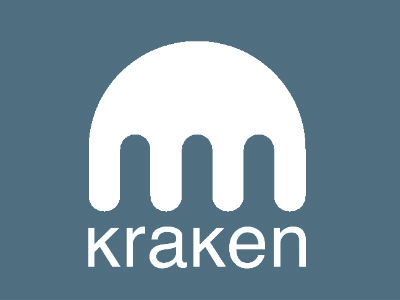Kraken has recently acquired two prominent bitcoin exchanges, Coinsetter and Cavirtex, expanding into North America. CoinFox spoke to the company’s co-founder and CEO Jesse Powell on regulation in Europe and US and the block size debate.
CoinFox: Kraken does not currently operate in the State of New York while Coinsetter was one of the first companies to apply for BitLicense. Does it mean that you have to apply for a new license after merging, and are you planning to?
Jesse Powell: Yes, we would need to apply for a new BitLicense after the acquisition. Kraken does not have any plans to apply for NYS BitLicense at this point in time.
CoinFox: Did you have to revise your compliance procedures before coming to the North American market? What do you think of the regulation environment in Europe and the US?
Jesse Powell: Kraken has been preparing to enter the North American market since day one, so we did not have to modify any compliance procedures. Regulation in Europe is much more conducive to innovation in financial services. The costs of licensing are cheaper and less licensing is needed. Within the EU, one license can cover you for all member nations. Canada has similarly open regulations. The US, by contrast, is heavily and tightly regulated. Expensive licenses are required in the vast majority of states and must be acquired on a state-by-state basis, without a federal, nationwide alternative.
CoinFox: Having Europe and North America under your belt, do you consider further expansion into developing markets, such as Asia, Africa or Eastern Europe?
Jesse Powell: Kraken is focused on the US, EU, Canadian and Japanese markets.
CoinFox: Do you think the block size debate is crucial for the future of bitcoin? What is there at stake?
Jesse Powell: Yes, the debate is crucial for the future of Bitcoin. The outcome could determine what Bitcoin is used for in the future, and even whether it continues to be scalable as a currency. We should be careful not to make a hasty, ill-informed decision that seems to solve our problems today but instead sets us up for long-term failure. Unfortunately, there are very few people in the world qualified to make these decisions.
CoinFox: In your opinion, which of the bitcoin improvement proposals is the best? Why?
Jesse Powell: Without picking a specific proposal, let me say what I'd like to see:
- Incentives for nodes
- Less centralization in mining
- Bitcoin as a currency prioritized above other uses of the Bitcoin/blockchain
Nadya Krasnushkina
















